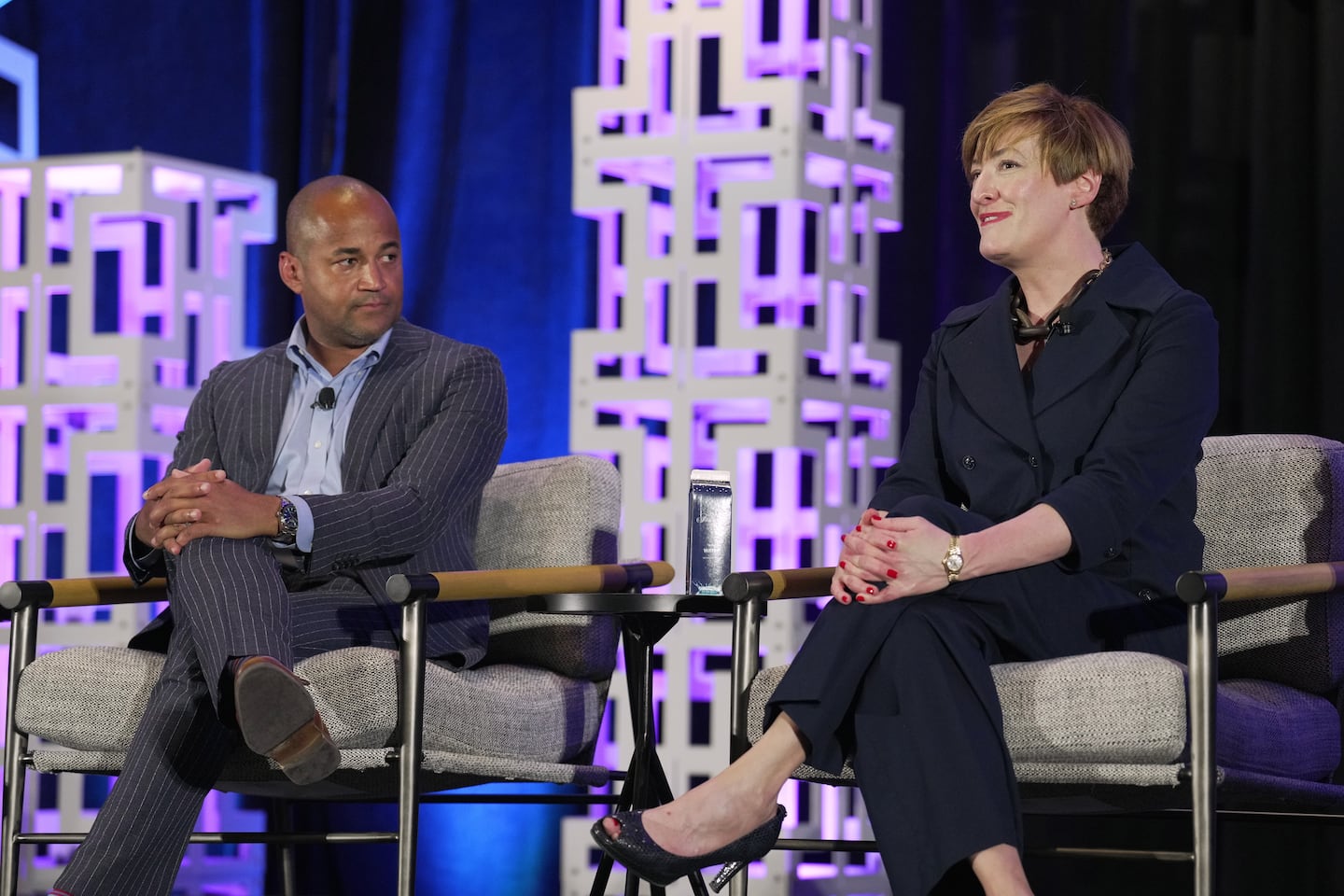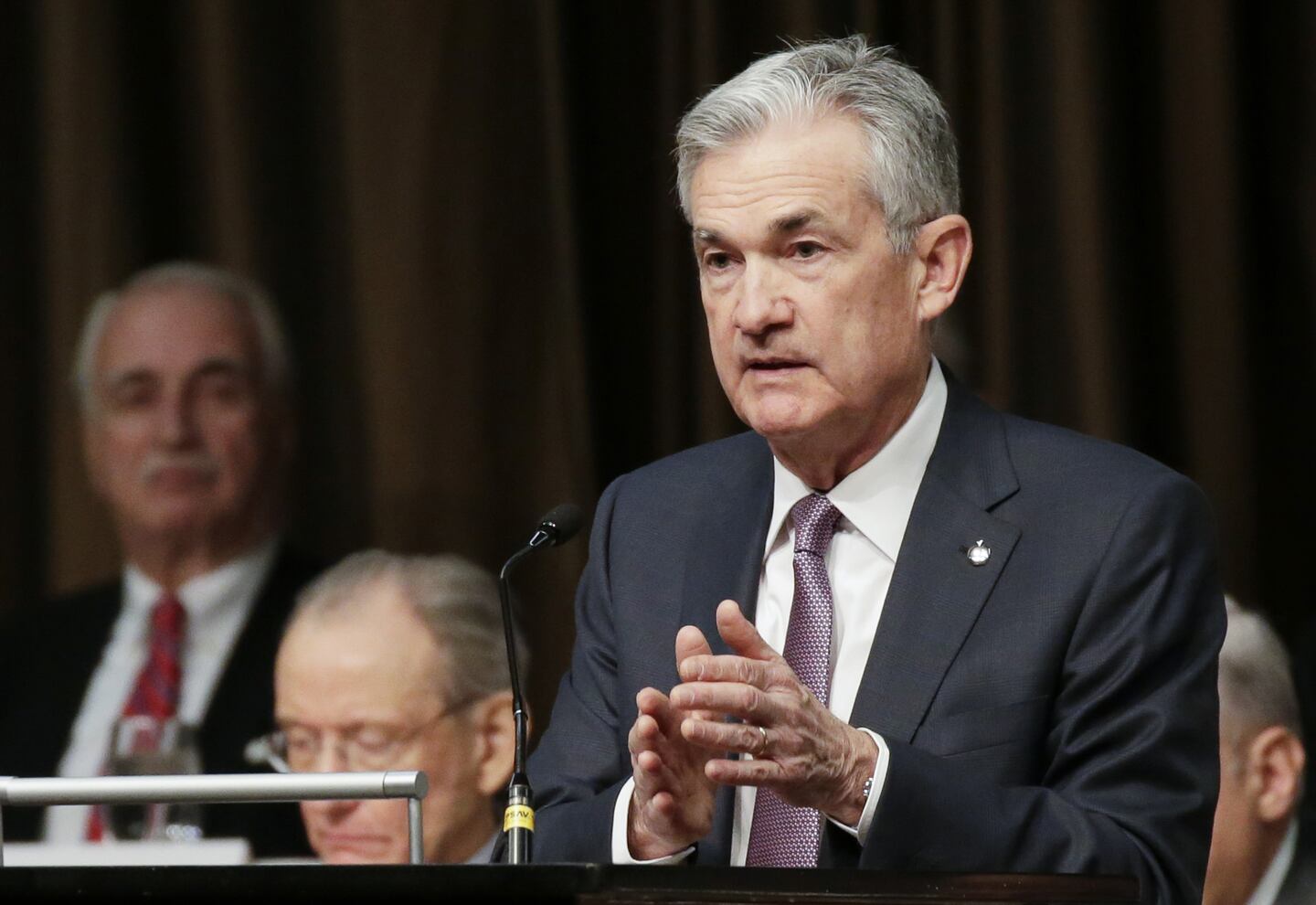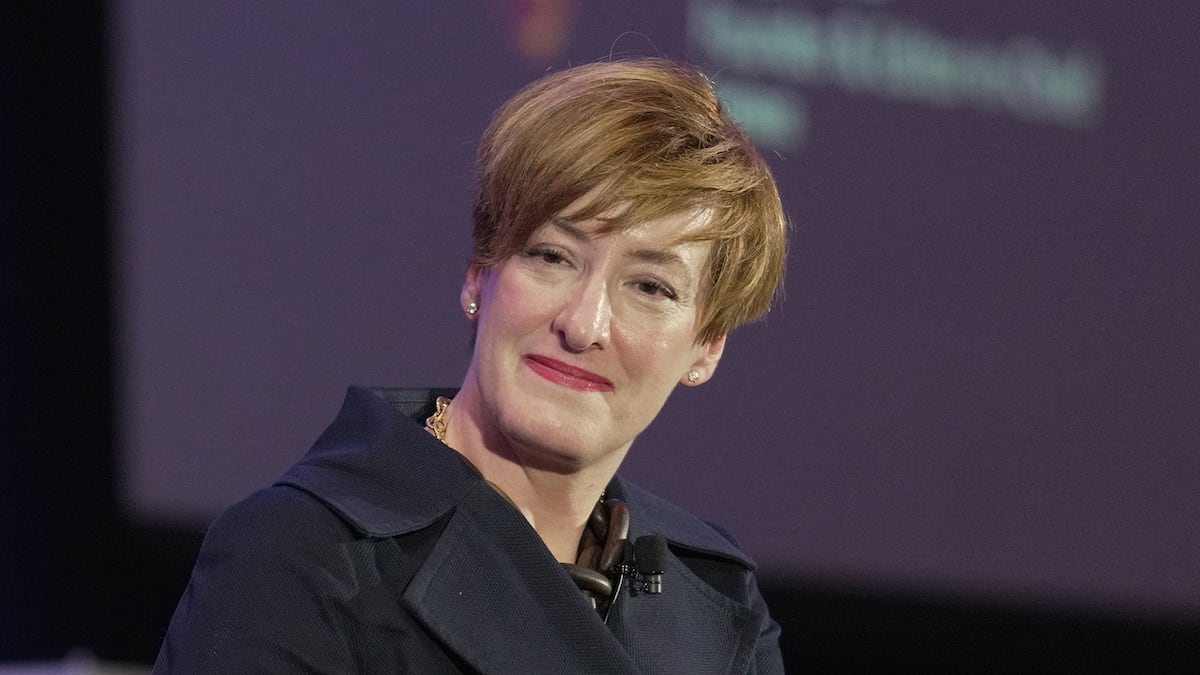- Former Wall Street executive Caitlin Long says the Fed is blocking approval of crypto banks.
- The Kansas City Fed was poised to approve Custodia's application only to be vetoed by Washington, Long told DL News.
- The fight for crypto banking comes as the asset class goes mainstream.
In Caitlin Long’s native Wyoming, the ranchers have a saying — shoot the stallion to scatter the herd.
In other words, eliminate the strongest animal to control the weaker ones.
That’s the same strategy Long says regulators have employed against Custodia, the crypto bank she founded four years ago in Cheyenne, Wyoming.
Long says federal banking officials have denied it essential services as part of a broad crackdown on crypto businesses following the collapse of FTX, the bankrupt crypto exchange once led by convicted fraudster Sam Bankman-Fried.
“They’ve sent a message to the rest of the industry by skewering the best actor,” the Custodia CEO told DL News on a video call from Wyoming.
How to get banked
Long, a former senior executive at Morgan Stanley and leading voice in crypto banking, isn’t shy about promoting Custodia.
Custodia was designed to address a fundamental problem in the digital assets industry — how to get banked.
Even before FTX confirmed many regulators’ worst suspicions about crypto, industry startups had a hard time opening bank accounts.
Custodia has raised $51 million from investors, including Coinbase Ventures, Binance.US, and Susquehanna Private Equity.
It offers dollar banking, money market accounts, and Bitcoin custody to customers in 32 US states.
Still, Long has spent the better part of two years fighting the Kansas City Federal Reserve for a bank account — a service traditional banks take for granted — in the courts.
Custodia lost the first round of its lawsuit earlier this year when a judge sided with the Fed.
Long, an effervescent personality in the crypto scene who makes frequent appearances at industry conferences, including Bitcoin 2024 last week, has appealed the ruling.
“The crypto industry hates the big banks, and with good reason. There’s this deep anger.”
— Caitlin Long
While the appeal slowly makes it way through the process, allies have rallied to her side.
This month, two former US solicitors general — Don Verrilli and Paul Clement — submitted arguments to the appellate court in Colorado supporting Custodia.
Her court battle has become more than one small bank’s fight with the mighty central bank — it’s also a cause celebre for an industry grasping for legitimacy in the mainstream financial system.
“The crypto industry hates the big banks, and with good reason,” Long said. “There’s this deep anger.”
Influential allies
She has the ear not only of her state’s lawmakers and its governor, Mark Gordon, but also of Senator Cynthia Lummis, a Republican of Wyoming, and Patrick Toomey, the former GOP senator from Pennsylvania who supported crypto.
Verrilli, a former solicitor general in the Obama Administration, represented Grayscale in its case with the US Securities and Exchange Commission.
The firm’s victory led to approval of spot Bitcoin exchange-traded funds in January.
His letter to the court makes it clear why Long has struck a chord with crypto’s backers.
“Despite the digital asset industry’s pressing need for banking services,” he wrote, “federal regulators have waged a concerted, coordinated campaign to debank the industry.”
Long history
At the heart of Long’s crusade is an irony — Bitcoin and its ilk may have been designed to leapfrog banks, but it turns out crypto users do need them to function in the financial system.
It’s hard if not impossible to use Bitcoin to settle daily transactions.
Customers of crypto businesses need reliable on- and off-ramps between their digital assets and their fiat ones.
Traditional lenders and their regulators, however, are nervous of banking crypto businesses and holding crypto assets.
That’s why Long left a high-powered career on Wall Street and returned to her native Wyoming in 2020 to run Custodia.
Long, who earned a law degree from Harvard, got her start at Salomon Brothers in the 1990s.
Its bond trading floor was chronicled in Michael Lewis’ book “Liar’s Poker,” and its aggressive take-no-prisoners tactics in the market made it a legend on the Street.
She later spent a decade in senior roles at Credit Suisse and went on to run Morgan Stanley’s pension business.
In 2013, she discovered Bitcoin, which appealed to her libertarian streak.
Three years later, she started to lobby Wyoming’s government for laws that would allow crypto businesses to flourish there.
Lawmakers foresaw new investment and jobs for a rural state dependent on natural resources, and passed a raft of crypto-friendly laws in 2019.
One of these laws created a new kind of bank — the special purpose depository institution, or SPDI, which is pronounced speedy.

The idea was that SPDI banks would be allowed to safeguard fiat and crypto assets on behalf of customers, a business known as custody.
SPDI banks take customer deposits, but unlike regular banks they cannot use them to make loans, and the assets must be fully backed.
Custodia applied for a SPDI charter, and was granted one in October 2020.
The next day, it applied to its local central bank, the Kansas City Federal Reserve, for a so-called master account.
A master account is a portal into the central bank’s payments, clearing, and settlement network.
Tricky application
Lacking a master account is not ideal.
Custodia must use a middleman to access the Fed’s services, which is costly.
While Custodia was waiting to hear about its application, the Fed’s Board of Governors issued guidelines on which type of institution is entitled to a master account.
Banks without federal deposit insurance, including Custodia, would now be strictly evaluated for a master account under these new guidelines.
So to strengthen its application, Long had Custodia apply for deposit insurance, and to be more strictly regulated.
A year and a half after applying for the master account, however, Custodia’s application with the Kansas City Fed still languished.
So Custodia sued the Fed in June 2022 and accused it of dragging its feet.
Custodia argued that the Fed is obligated to grant master accounts to all eligible depository institutions.
And then in November 2022, FTX collapsed in an $11 billion bankruptcy.
Sensational stories of its recklessness, and, ultimately, Bankman-Fried’s fraud filled the media.
For regulators who were already wary of crypto, the crash solidified the sense of risk these institutions posed to depositors.

The three US banking regulators — the Fed, Federal Deposit Insurance Commission, and Office of the Comptroller of the Currency — issued a series of resolutions in January and February of 2023.
Those resolutions warned banks against doing business with crypto businesses.
And no surprise, in late January, Custodia’s application for the master account and the Fed membership were declined.
The Fed said Custodia had an undiversified business plan reliant on the success of a novel and volatile asset class, had inadequate illicit finance controls, and its management was inexperienced in bank-specific risk management.
Gamed it out
Long had “gamed it out” and understood there was a possibility that this could happen, she said, but it was still a massive shock to her.
“We walked into this fully expecting to have a friendly relationship with the Fed, because the state of Wyoming had a friendly relationship with the Fed,” Long said.
Custodia does have reason for hope.
One of the appellate court’s judges, Robert Bacharach, said in an opinion on a different case that state chartered banks are entitled to master accounts.
That was just the opinion of one judge. But it’s still a good sign.
“It’s not binding precedent, but it’s not zero precedent.” Long said.
Conservative establishment
Long sees herself as pitted against a conservative establishment of bankers and regulators creating an environment that’s difficult for challengers — whether they bring new tech, or are minorities.
“It’s really stunning how few banks in the US are owned by anyone other than white men,” Long said.
Less than 1% of some 4,600 federally insured banks are black-owned, according to FDIC data.
Of America’s small banks, 16 are owned by women, according to OCC data.
“It’s literally a club, and we’re not invited to it,” she said.
‘It’s really stunning how few banks in the US are owned by anyone other than white men.’
— Caitlin Long, Custodia
It’s telling that two banks have been allowed master accounts — Numisma and Reserve Trust — were run by former Fed officials, she said.
It’s also telling, she said, that Fed Governor Jerome Powell gave Bankman-Fried an hour of his time, in early 2022, The New York Times reported.
Long never got on Powell’s diary.
“SBF got all this access when someone who actually knew what they were doing and could have been in a position to help the Fed was proverbially shot by them,” Long said.
“Shame on the government. Shame,” she said, frustration crackling in her voice.
The Fed did not return a request for comment.
Hamstrung
While Custodia fights the Fed, it must also run its business.
Without a master account, it must access Fed payments via other banks.
Some of these banks have withdrawn their services from Custodia, under regulatory pressure, Long alleges.
“The fact that we’ve been able to bank at all is a testament to the desire of a number of executives in the banking industry to adopt new technologies, and a recognition that crypto isn’t going away,” Long said.
“They’re willing to take the risk to partner with somebody like us, who does have bank-level standards, and just power through.”
Still, Custodia is “operating with two hands tied behind our back,” Long said.
“We have been hamstrung by what the Fed did to us… We’re never going to be able to recover what they have cost us.”
Joanna Wright covers policy and regulation for DL News. Reach out to her at joanna@dlnews.com
